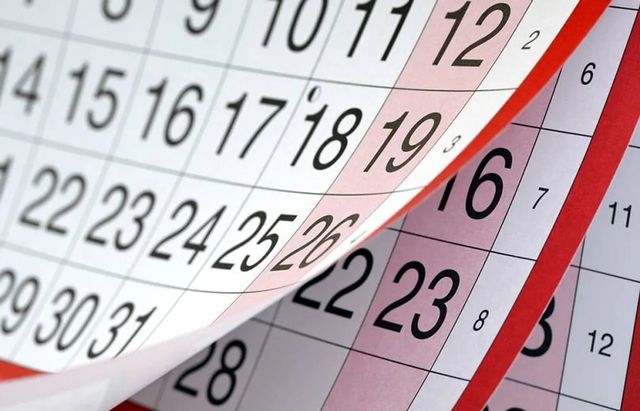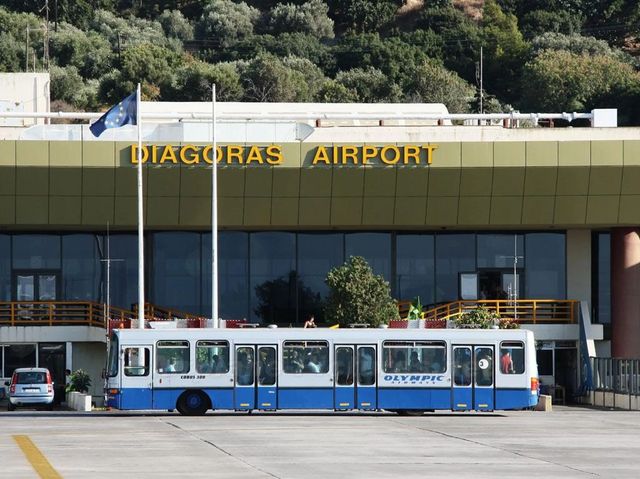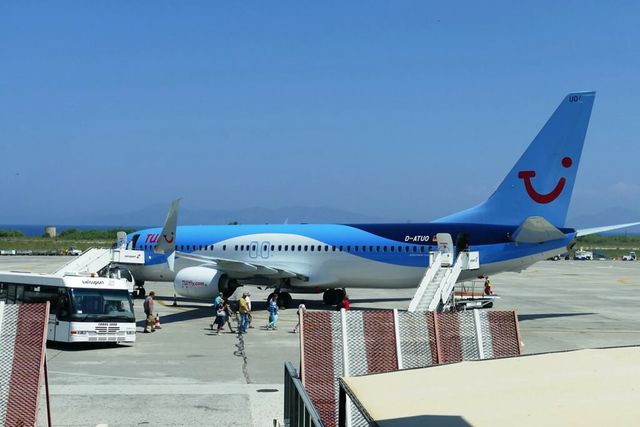Armenia is a country rich in history, heritage, and timeless traditions — and its national holidays are a true reflection of that legacy. From state commemorations to religious festivals and folk celebrations, the Armenian calendar is filled with meaningful dates that not only offer insight into the nation’s culture but also include official non-working days.
Knowing these holidays is essential for tourists, entrepreneurs, and investors planning a trip to Armenia, as many businesses may close and public services may be limited.
Why Holidays Matter in Armenia
Public holidays in Armenia go beyond days off — they embody national unity, memory, and identity. The people of Armenia celebrate joyful events and honor tragic chapters of their history with the same heartfelt sincerity. Each holiday provides a unique opportunity to experience Armenian traditions first-hand.
Whether you're in the capital city Yerevan or exploring the countryside, being part of these celebrations can deepen your understanding of the Armenian way of life. Some holidays are festive with street gatherings and rituals; others are marked with solemn memorials and quiet reflection.
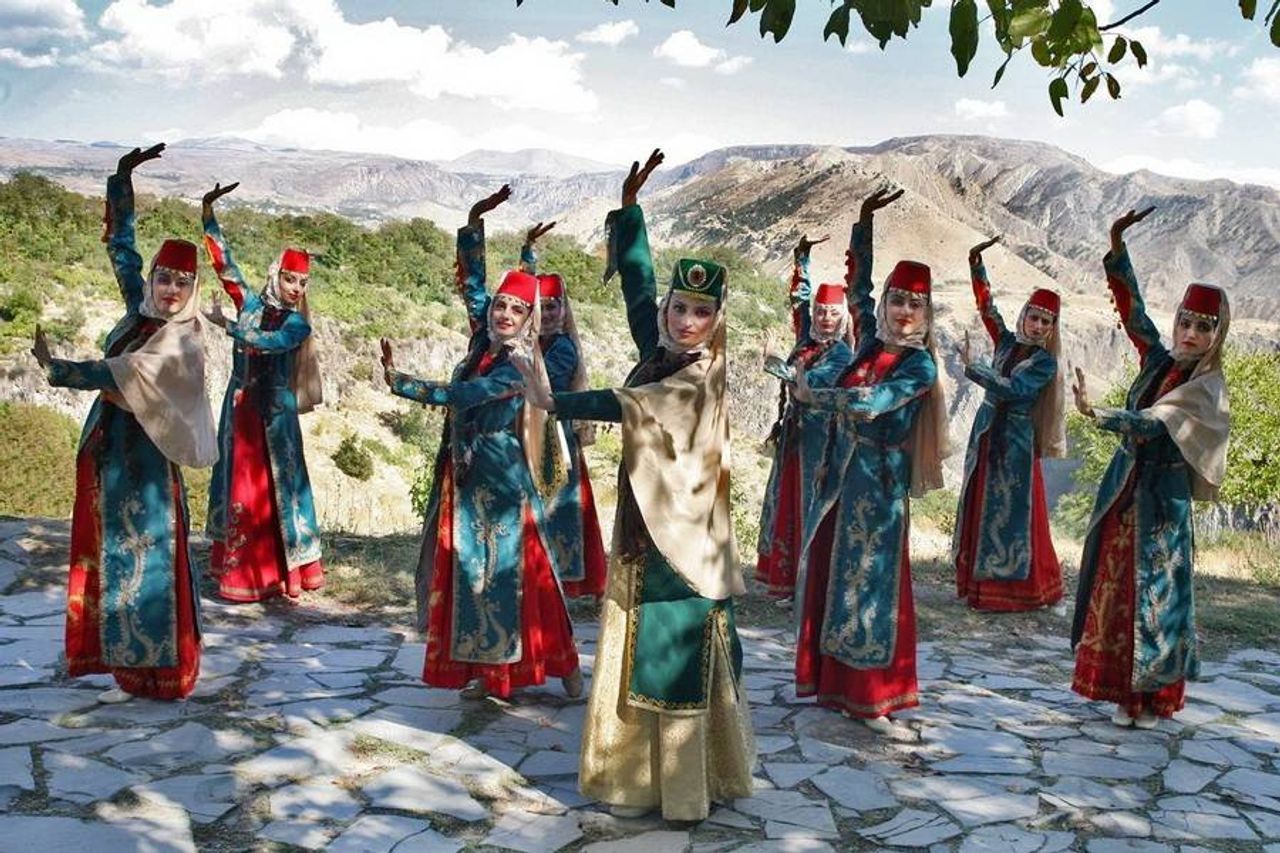
Official Public Holidays in Armenia – 2025
| Date | Holiday Name | Day |
|---|---|---|
| December 31 – Jan 2 | New Year Holidays | Tue–Thu |
| January 6 | Christmas & Epiphany | Monday |
| January 28 | Army Day | Tuesday |
| March 8 | International Women’s Day | Saturday |
| April 24 | Armenian Genocide Remembrance Day | Thursday |
| May 1 | Labor Day | Thursday |
| May 8 | Yerkrapah Day (Defender of the Fatherland) | Thursday |
| May 9 | Victory and Peace Day (WWII) | Friday |
| May 28 | First Republic Day | Wednesday |
| July 5 | Constitution Day | Saturday |
| September 21 | Independence Day | Sunday |
Easter (Zatik) is celebrated according to the Armenian Apostolic Church calendar, and its date changes each year. In 2025, it falls on April 20.
Other beloved folk festivals like Trndez (Armenian Candlemas) and Vardavar (Water Festival) are widely celebrated but are not official public holidays.

How Major Holidays Are Celebrated in Armenia
New Year (December 31 – January 2)
New Year is the most festive time in Armenia, lasting several days filled with warm family gatherings, lavish feasts, and gift-giving. Many Armenians attend church liturgy on New Year’s Eve, followed by house visits and holiday toasts into the early morning hours.
Christmas and Epiphany (January 6)
Unlike most Christian nations, Armenia celebrates Christmas on January 6, combining it with the Feast of the Epiphany. The day includes a Divine Liturgy, blessing of water, and symbolic blessing of pomegranates — a national symbol of life and prosperity.
Army Day (January 28)
Established in 1992, this day honors Armenia’s Armed Forces with military ceremonies, memorial visits, and tributes to soldiers across the country.
International Women’s Day (March 8)
Celebrated nationwide since the early 20th century, women receive flowers, gifts, and special recognition. Concerts and cultural events take place in many cities, including Gyumri and Vanadzor.
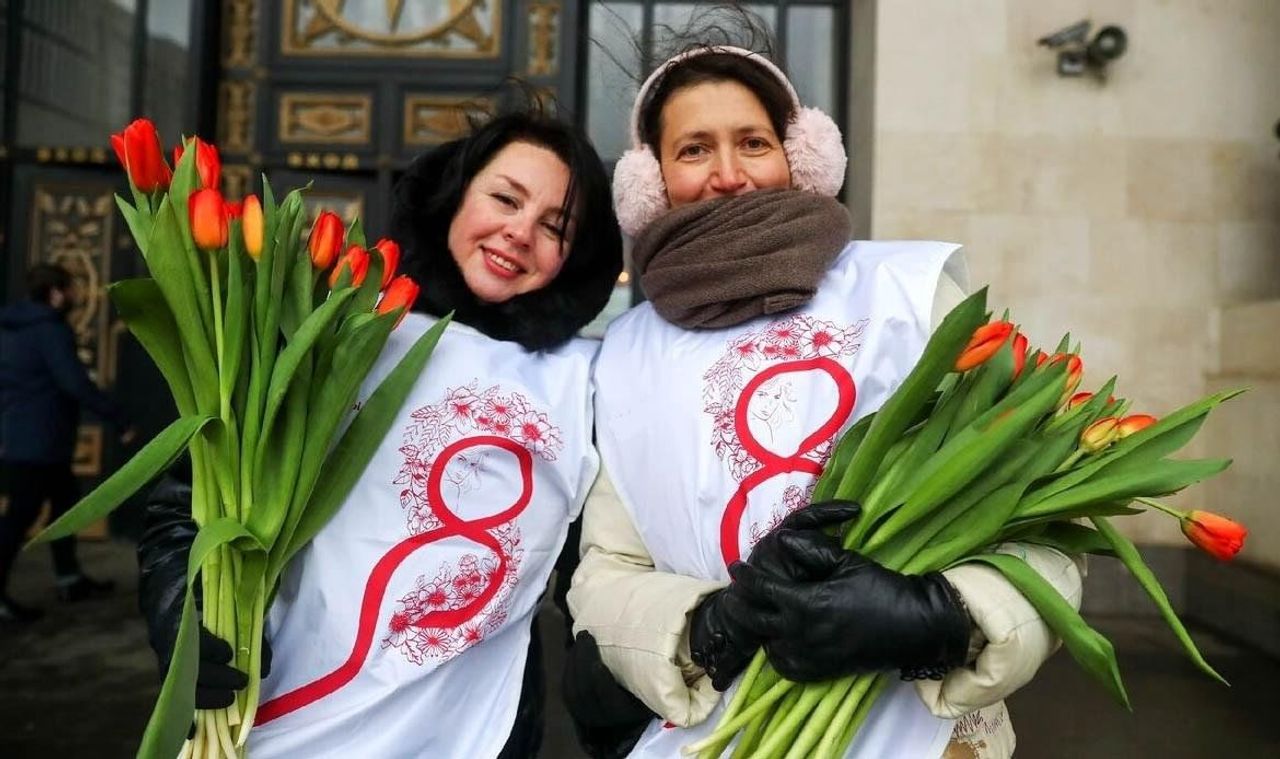
Easter (Zatik)
Easter is one of the most sacred Christian holidays in Armenia. The faithful gather for night-long church services, lighting candles and taking the Holy Flame home as a symbol of rebirth and peace.
Armenian Genocide Remembrance Day (April 24)
A deeply emotional day of mourning, honoring the 1.5 million victims of the 1915 Armenian Genocide. Thousands visit the Tsitsernakaberd Memorial Complex in Yerevan to lay flowers and remember the past.
Labor Day (May 1)
Known globally as International Workers' Day, this date is marked with public events, cultural shows, and in some cases, peaceful demonstrations.
Victory and Peace Day (May 9)
Armenia celebrates the Allied victory in WWII with military parades, veteran tributes, and concerts, particularly in Yerevan’s Victory Park.
First Republic Day (May 28)
This day commemorates the establishment of the First Republic of Armenia in 1918. Celebrations include military parades, reenactments, and patriotic events throughout the country.
Constitution Day (July 5)
While quieter than other holidays, Constitution Day celebrates the adoption of Armenia’s post-Soviet Constitution and is observed with official ceremonies.
Independence Day (September 21)
A major national celebration marking Armenia’s independence from the Soviet Union in 1991. The day features state ceremonies, fireworks, and a festive atmosphere across cities, especially in Republic Square, Yerevan.
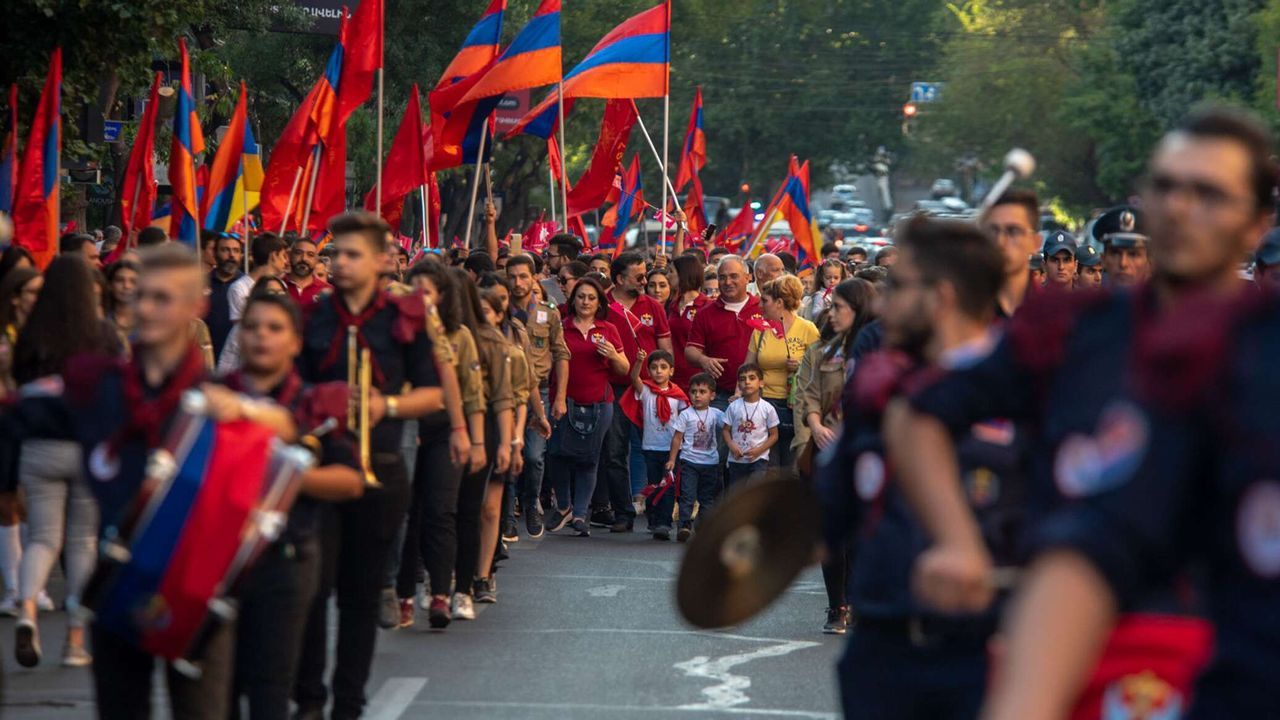
Travel Tip:
Armenian holidays are an amazing way to connect with locals, witness authentic traditions, and enjoy cultural events. From church services to street festivals, each celebration offers a glimpse into the heart of Armenian life.

Plan Ahead with the Best Car Rentals in Armenia
Want to explore Armenia during the holidays at your own pace?
Check out top rental deals on secrental.com – offering a wide selection of cars, simple booking, and great prices. Whether you're planning a winter escape or summer adventure, traveling by car gives you the freedom to experience Armenia’s culture in every corner.
